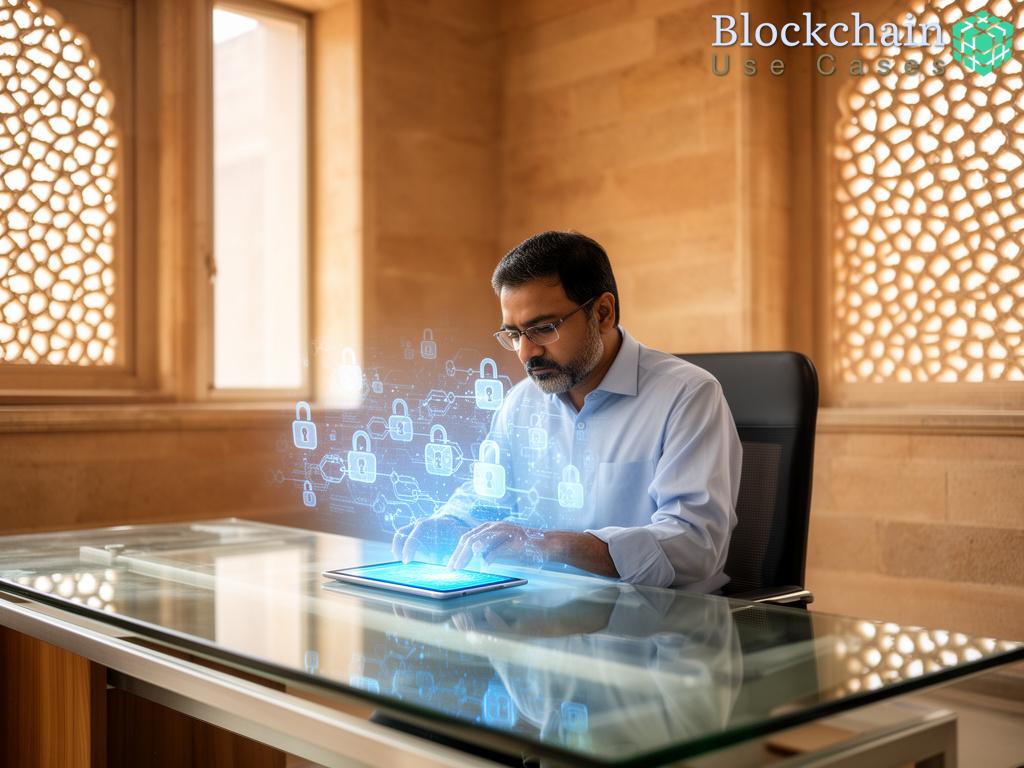Understanding the Shift Towards Decentralization

In an era where knowledge acquisition is a lifelong journey, the need for effective portfolio management systems becomes paramount. Traditional systems often fall short, leading to fragmented learning experiences. Enter decentralized systems: innovative frameworks that leverage blockchain technology to create transparent, secure, and user-controlled portfolios.
Decentralized systems allow learners to take ownership of their educational credentials, providing a robust alternative that enhances trust and accessibility. With these systems, individuals can curate their educational journeys, fostering a more personalized approach to lifelong learning.
The Benefits of Decentralized Learning Portfolios
Adopting a decentralized approach to managing lifelong learning portfolios comes with a multitude of advantages. These systems not only empower learners but also redefine the educational landscape. Below are some key benefits that highlight the transformative potential of decentralized portfolios:
- Ownership and Control: Learners have complete control over their data, eliminating concerns over privacy and accessibility.
- Enhanced Security: Blockchain technology provides a secure environment, ensuring that credentials are tamper-proof and verifiable.
- Interoperability: Decentralized systems allow for seamless integration across various educational platforms, breaking down silos in education.
- Increased Transparency: Stakeholders can trust the authenticity of credentials, as blockchain records are immutable and transparent.
This comprehensive list illustrates how decentralized systems not only enhance the learner’s experience but also address long-standing issues within traditional educational frameworks.
Future Prospects: The Road Ahead for Decentralized Education
As we look to the future, the potential for decentralized systems in managing lifelong learning portfolios is immense. Educational institutions, employers, and learners alike stand to benefit from a more integrated and efficient system of credentialing. With ongoing advancements in technology and increasing acceptance of blockchain in education, we are on the brink of a new era in lifelong learning.
In conclusion, the shift towards decentralized systems for managing lifelong learning portfolios is not merely a trend but a necessary evolution in the educational landscape. As individuals seek to navigate their learning journeys, the tools that empower them will undoubtedly shape the future of education.





